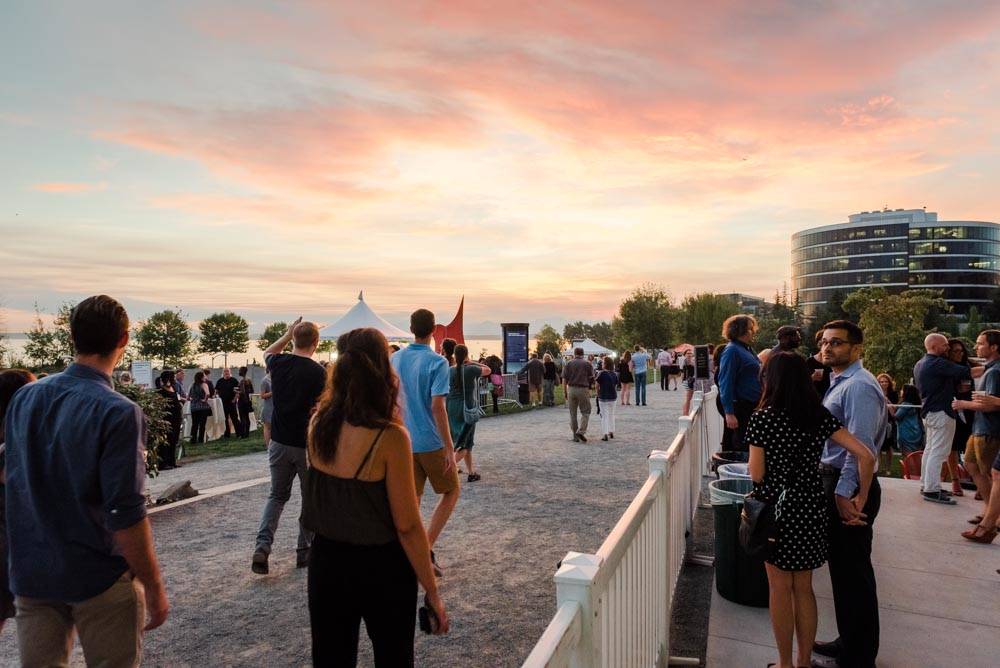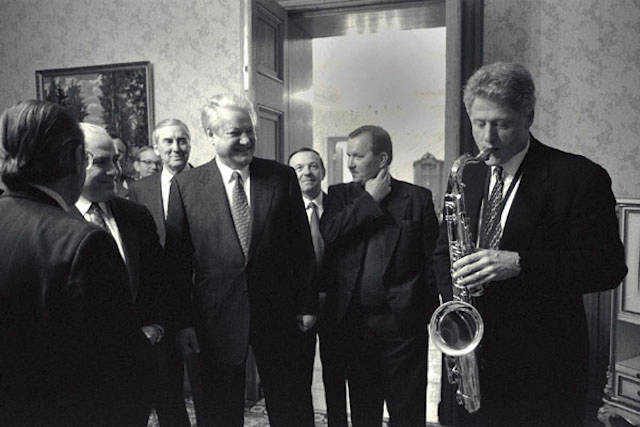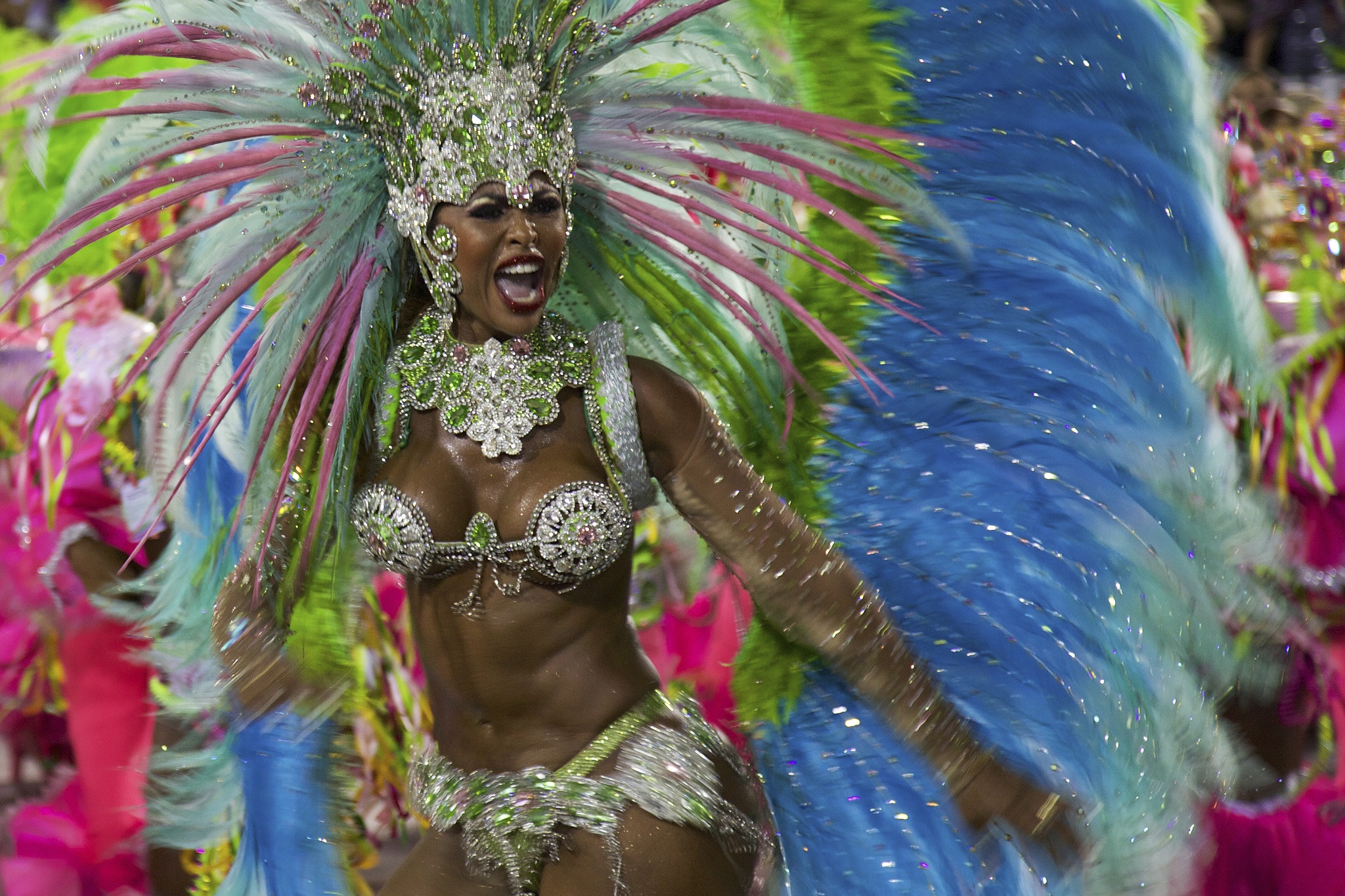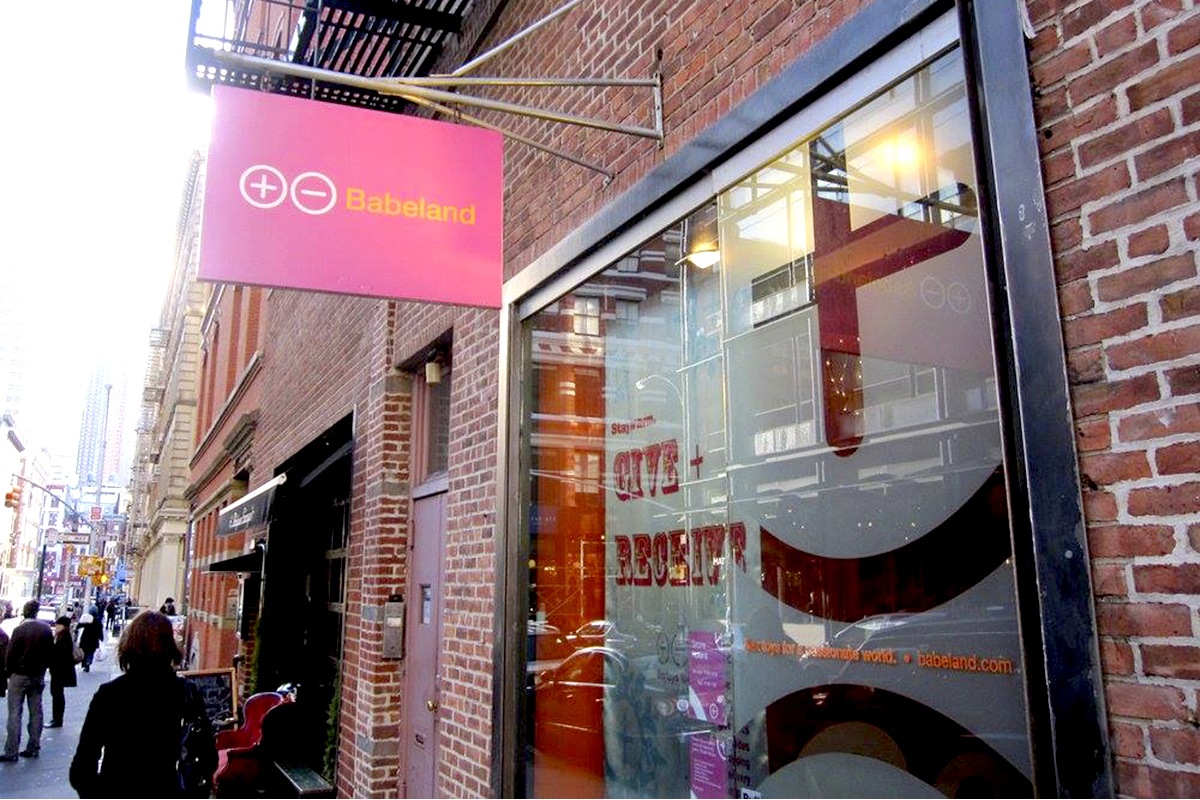At first glance, the lunchtime meeting in City Hall’s Room L280 could be about sprinkler regulations, pothole repair, sidewalk maintenance, or any of the mundane aspects of running a city. There are flip charts, a catered tray of sandwiches, a thermos of coffee, and a platter of cookies. Office-chatter buzzwords like “align,” “goals,” “action items,” and “priorities” float through the air unchecked.
But the folks slinging those terms include the head honcho at all-ages venue The Vera Project; Sub Pop’s VP of A&R; and Sir Mix-A-Lot’s manager, among other local luminaries and artists—like The Flavr Blue’s Hollis Wong-Wear, Catherine Harris-White of SassyBlack, and KEXP DJ Sharlese Metcalf. Safe to say, pothole repairs aren’t on the agenda. Rather, the Seattle Music Commission is getting down to business.
They cover a little bit of everything at the meeting (which I attended last November): the effort to ensure fair wages for musicians, the imperative of more affordable artist housing, the dilemma of noise complaints that hound nightclubs, the specter of development pressures facing music venues, and the need for a new waterfront space for outdoor shows once the Alaskan Way Viaduct comes crashing down. There’s even time to listen patiently as the Seattle chapter of Bach in the Subways, which brings classical music to light-rail stations, presents its upcoming schedule and outreach strategy.
Seattle has many such advisory boards and commissions, covering everything from human rights to urban forestry to fire codes. The Music Commission was born in 2010 to make good on Mayor Nickels’ 2008 Seattle: City of Music initiative, which created a vision looking ahead to a city that would provide institutional support for the local music scene and keep musicians from fleeing to LA, Nashville, New York, or a cabin in the woods. Their goal was to fulfill that vision by the year 2020.
The Commission’s November quarterly meeting (meetings are always open to the public) has a beefy agenda. While the 20-member commission drawn from the ranks of the local music industry is far from solving all the potential problems facing Seattle’s music scene by the end of lunch, it shows considerable collective wisdom and a willingness to leverage its small beachhead inside the apparatus of municipal government to, they hope, enact positive change so that our city soundtrack can remain more than just construction din.
This latter issue weighs especially heavy on Kate Becker—director of the Office of Film and Music, which staffs the Commission, and before that a charter commissioner. “We don’t want to be London, which lost 36% of its venues before they realized it,” she tells the group. “This is a critical issue happening around the world.”
Ultimately, it’s the most critical issue facing the Commission, and opinions are split. “We have to keep venues alive, not have them replaced by development,” argues Ricardo Frazer, Sir Mix’s manager, who may have an ally in the City Council’s recently launched Seattle Legacy Businesses Preservation effort. But with towering high-rises now overshadowing single-story venues (exhibit A: Re-bar), Becker is not so sure that’s feasible. Bracing for the inevitable, she has begun to ask, “How do you recreate what happens in those four walls?”
That gets The Vera Project’s executive director, Tim Lennon, thinking. “There is an opportunity for this commission to advocate on platforms that aren’t just music-specific,” he says. “The city is going to struggle with affordability, and we need to have a seat at the table.”
When the Seattle: City of Music concept was announced, Carrie Brownstein of Portlandia/Sleater-Kinney fame warned in an NPR essay, “The self-consciousness of the idea runs the risk of turning Seattle into an attraction, as opposed to merely making it more attractive.” She argued that the Northwest music scene has thrived precisely because of its independent, DIY nature far from the biz or the industry, and that city-sponsored initiatives risk “the pitfall of kitsch.” Brownstein concluded by asking, “What will all the musicians and music-business folks do when Seattle starts to feel more like the Hollywood of Washington state?”
While there’s no “Seattle” sign in big white letters on Capitol Hill just yet, almost 10 years later, a January 2017 study estimates that 16,600 people are employed directly or indirectly by the music industry, pumping $1.8 billion into the Seattle economy annually. This spring’s Upstream Music Fest + Summit can be seen as the maturing of that City of Music vision—or a cringeworthy fulfillment of Brownstein’s prophecy.
But the Commission is making a strong case that, bureaucratic as its name and function may sound, it can play a valuable role for the music community at a time of warp-speed change in Seattle, impacting rents for housing, rehearsal space, and performance venues. “The Seattle Music Commission is the working musician’s voice at City Hall,” insists chair Jody McKinley, North American managing director for Soundtrack Your Band. “Seattle is an amazing place to live, but that doesn’t negate the fact that a lot of growth is creating challenges for the creative class.”
While the Commission doesn’t necessarily have Mayor Murray on speed dial if a treasured venue is at risk of becoming an Amazon cloud-computing annex, the commissioners are appointed by the mayor and City Council, so they are a conduit to the halls of civic government. “Oftentimes [the Commission] is an outlet to ask, ‘What do I do? Where do I go?’ We are not a policy-creating body, but we can often point people in the right direction or amplify their voice to the appropriate folks,” McKinley says.
In the past two years, Highway 99 Blues Club, which faced a $10,000-per-month rent hike, and Tula’s, a Belltown jazz club slated to become an apartment building, have shared their stories with the Commission. Those two venues “really helped amplify our awareness about the affordability and displacement issues live-music venues are challenged with in our growing city,” Becker says.
With just a $50,000 annual budget, the Commission isn’t exactly flush with cash. Its best hope is to come up with ideas and find partners, inside or outside City Hall, to execute them. In its six years it can point to a number of concrete accomplishments. The City Council approved five priority loading zones for musicians, strategically placed in front of venues so no one has to lug a 100-pound amp down the block in the rain. The Commission conceived City of Music Career Day, targeted at 16- to 24-year-olds; the sixth annual event, April 1, will be jointly hosted at Seattle Center by KEXP, The Vera Project, and MoPOP. And in 2012, the Port of Seattle and airport retailers agreed to hire local musicians to perform at SeaTac. As McKinley put it, “Where else can you make $150 per hour on a Tuesday at two o’clock?”
But the reality is, artists are more and more beginning to ask themselves a different question: “Where else can I feasibly live?” Whether the Seattle Music Commission can address that challenge remains to be seen. Seattle Music Commission Meeting, City Hall Boards & Commissions Room L280, 601 Fifth Ave., seattle.gov. Noon–2 p.m. Wed., Feb. 15.
music@seattleweekly.com









